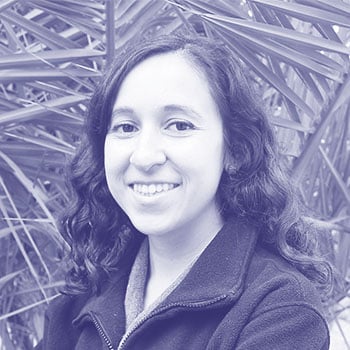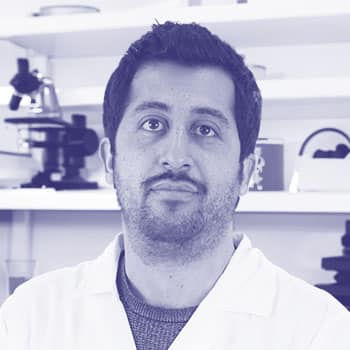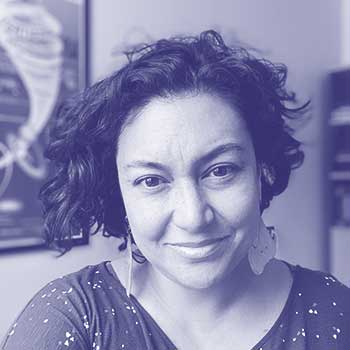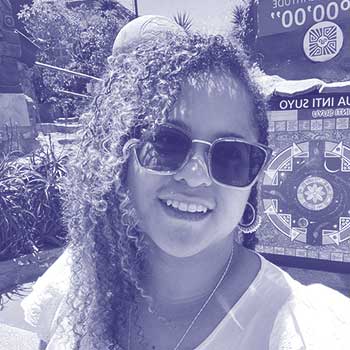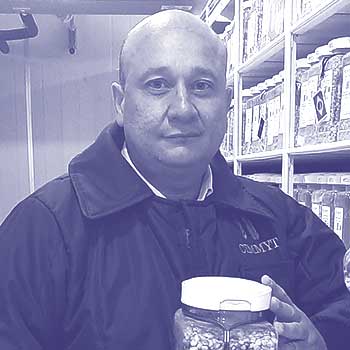Courses
Formation of collections of microbial cultures
Contents: Organization of a collection; Ex situ preservation of microorganisms by cryopreservation and lyophilization; Distribution of microorganisms.
Molecular identification of microorganisms by multilocus
Contents: DNA extraction and sequencing of multiple genes; Alignment, concatenation and realization of phylogenetic trees; Creation of sequence databases.
Metabarcoding, metagenomics and metatranscriptomics: When, how and why?
In this workshop we will talk about how to redirect a mixed-sample HTS experiment to resolve specific questions that arise from such designs: What is the sequencing effort required? What is the appropriate read size? Do you need amplification sequencing? , shotgun sequencing or RNA? Should sequencing be Single Read or Paired End? Do we use ASV or OTUS in taxonomic assignment? Do we deplete ribosomal or enrich in mRNA? We will address these and other questions, and how to resolve them, reviewing some case studies in which I have participated as a researcher or in years of consulting in the AUSTRAL-omics laboratory.
Bioinformatics Analysis of Metabarcoding: exploring microbial diversity using sequencing data
This short bioinformatic analysis of metabarcoding data workshop is designed to provide participants with the essential skills necessary to process, analyze and interpret sequencing data generated through the metabarcoding technique. Participants will explore the key concepts of metabarcoding and learn about the bioinformatics tools and workflows necessary to understand microbial diversity in environmental samples. Likewise, functional metagenomics and potential applications of metabarcoding will be presented. Prerequisites: Basic understanding of molecular biology and bioinformatics.
Introduction to participatory plant breeding methods
Introduction to methods and tools necessary to conduct activities to improve seeds of traditional varieties grown by small farmers. Principles and importance of participatory improvement and its impacts. Methods for selection and participatory evaluation of varieties in the field. Methods for evaluating the quality of grain and/or seeds with farmers. Methods for participatory planning of activities in a participatory plant breeding project.
Activity supported by ANID, International Linkage FOVI220099


